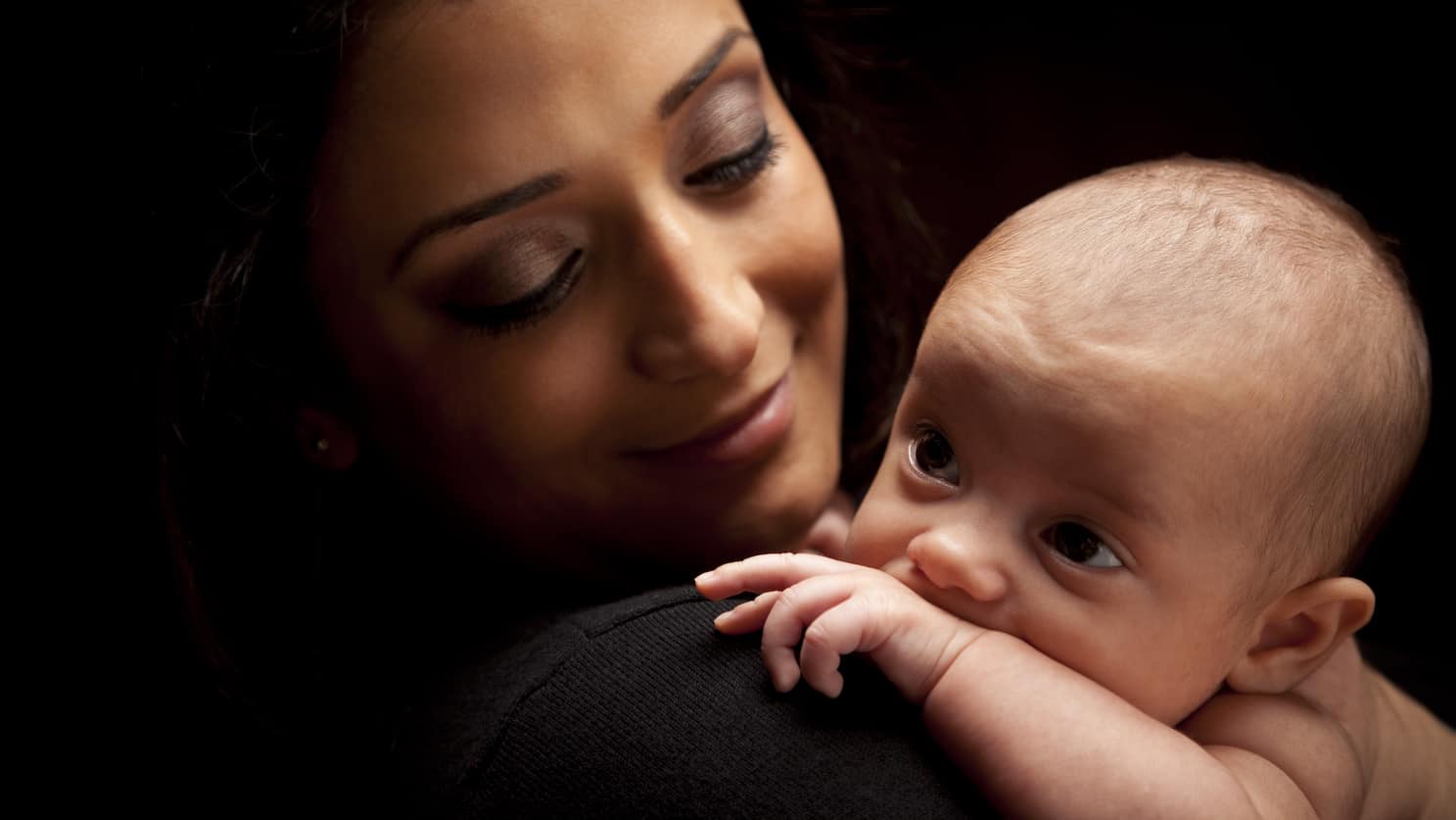When Costhetics scans the globe for trending news and information about cosmetic treatments, we are always on the lookout for innovative solutions to old problems.
Today’s article offers help for new mums struggling with skin upsets.
We sympathise with you. Now that your tummy has flattened and your baby bump has disappeared, you’ve got a different problem popping up on your cheeks, nose, and forehead. This condition is often jokingly referred to as facial baby bumps. If you’re one of the many women who suffer from post-partum acne, however, it’s no laughing matter.
3 Reasons Mums’ Faces Become Lunar Landscapes
You can’t solve a problem you don’t understand, so let’s get started with the causes of post-partum acne. When hair follicles become plugged with oil and dead skin cells it causes whiteheads, blackheads and pimples to develop. Some women sail through pregnancy with not a bump to be seen. Lucky ducks. For many, however, unsightly acne breakouts may linger. Here’s why:
- Hormonal fluctuations – It is not just estrogen that plays havoc with a woman’s skin. Progesterone also skyrockets during pregnancy. Progesterone causes the secretions of your skin glands to increase, which will lead to more acne. The ups and downs of these two hormones trigger increased sebum production, which in turn clogs pores.
- Hydration – Many of us have trouble staying hydrated. Pregnant women are even more likely to become dehydrated because of the extra work their bodies are doing. This leads to dry skin. Pores are unable to self-lubricate and the skin’s protective barrier becomes degraded, leaving skin vulnerable to a host of bacteria that trigger acne breakouts.
- Sleep Deprivation, Sweating, Stress – Almost the holy trinity of pregnancy, these three factors disrupt hormones that are already fluctuating. Sleeplessness can upset your skin’s chemical balance. Excess sweating makes it more difficult for skin to ward off pimples. Completing the trio of trouble, stress triggers the production of cortisol, a body chemical that can cause breakouts.
4 Bump-Busting Tips Even a New Mum Has Time for
New mums have their hands full, literally, around the clock. That being said, Costhetics believes every mum can find the time to take care of themselves and their skin. Here’s how:
- Add Twice Daily Cleansing – Twice a day, and separately from your regular face care routine, take time to wash off your face. Go for extremely mild products rather than scrubs or astringents that can worsen acne. A little extra care will go a long way towards keeping pores unclogged.
- Get Your Head in the Game – Acne often develops around the hairline but shampooing your hair daily can dry it out. Look for over-the-counter and prescription shampoos created especially for acne-prone skin. Pro tip: avoid dry shampoos that can build-up on the skin, leading to dermatitis and bumps.
- Don’t Get Picky – Keep your hands off your face. If you squeeze or pick at your bumps, you can cause them to become infected. You can also cause scarring.
- Go Non-Comedogenic – Non-comedogenic is a word all new mums should know. It refers to skincare, make-up, and even hair products formulated in a way that is less likely to cause breakouts and pore blockages (comedones).
Professional Help for Post-Pregnancy Acne
If ever there were a time to seek out the guidance of an expert, it’s now. Medication is also used to treat pregnancy acne, but there’s a catch. Any medication applied to your skin or swallowed during pregnancy can enter your bloodstream and affect your baby. The majority of over-the-counter products and medications for acne are safe for new mothers, but not all of them.
New mothers who are breast-feeding need to be particularly cautious about ingredients. Oral medications, including oral contraceptives, can help reduce pimples and curb new breakouts, but should only be the choice of mothers who are no longer breast feeding as they affect hormone levels. For women who are breastfeeding, topical creams with antibiotics and benzoyl peroxide are a safer treatment.
If you don’t know where to turn, we invite you to let Costhetics help you find an experienced dermatologist or skin care expert in your area who can help you sort things out. Here’s to a better, more beautiful, bump-free you!
